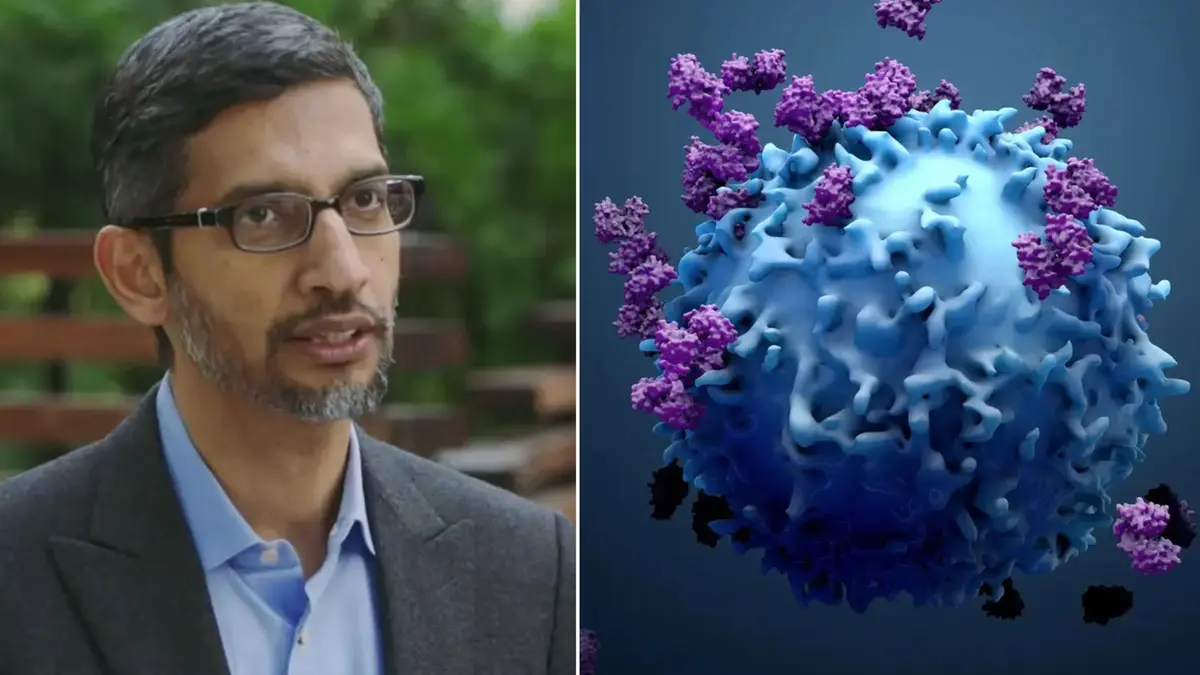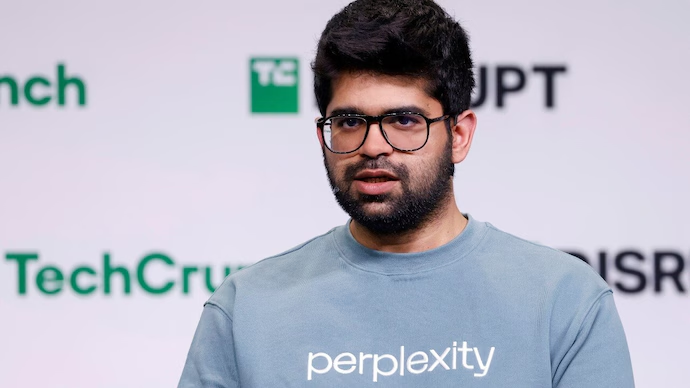Now Reading: Google AI’s Breakthrough in Cancer Research: A New Era in Scientific Discovery
-
01
Google AI’s Breakthrough in Cancer Research: A New Era in Scientific Discovery
Google AI’s Breakthrough in Cancer Research: A New Era in Scientific Discovery

In a groundbreaking achievement, Google’s AI model has proposed a novel hypothesis about cancer cell behavior, which was subsequently validated through experiments in living human cells. This development marks a significant milestone in the integration of artificial intelligence into biomedical research, showcasing its potential to accelerate scientific discovery.
The Role of AI in Cancer Research
The AI model, developed by Google in collaboration with Yale University, was tasked with identifying patterns in cancer cell behavior that could lead to new therapeutic strategies. By analyzing vast amounts of biological data, the model generated a hypothesis that was previously unexplored in scientific literature. This approach highlights the growing role of AI in formulating research questions and guiding experimental designs in complex fields like oncology.
Experimental Validation and Implications
Following the AI-generated hypothesis, researchers conducted experiments using living human cells to test the proposed theory. The successful validation of the hypothesis underscores the reliability of AI in predicting biological phenomena. This achievement not only demonstrates the efficacy of AI in hypothesis generation but also paves the way for its application in other areas of biomedical research.
The Future of AI in Scientific Discovery
This milestone signifies a shift in scientific research methodologies, where AI is not merely a tool for data analysis but an active participant in the hypothesis generation process. As AI continues to evolve, its capacity to handle complex biological data and propose innovative solutions is expected to transform research landscapes, leading to faster and more efficient scientific discoveries.
Conclusion
The successful integration of AI in generating and validating a cancer-related hypothesis exemplifies its transformative potential in scientific research. As AI technology advances, its role in biomedical research is poised to expand, offering new avenues for understanding and treating diseases. This development marks a significant step towards a future where AI and human expertise collaborate seamlessly to address complex scientific challenges.

























